
Masela Block
." width="300" height="172" /> No Decision for Masela Block.Jakarta, 14 Jumadal Awwal 1437/24 February (MINA) – President Joko Widodo (Jokowi) is yet to arrive at a decision on the Masela Block refinery development project, Presidential spokesman Johan Budi stated here on Tuesday.
“The president is still evaluating all aspects of the Masela project, taking into consideration its scale and complexity. The decision must be made carefully,” he noted in a press release received here.
Budi said the president would consider various aspects not only restricted to commercial but also technical as well as social, cultural, economic, and local development before he reaches a decision.
Budi revealed that the president had heard various inputs and understood the arguments of all parties on whether the refinery should be built onshore or offshore Mi’raj Islamic News Agency (MINA) reported, quoting Antara News.
Also Read: Ground Movement Hits Central Java: Residents Evacuate, Dozens of Homes Damaged
The presidents key concern is how the people in South Maluku and the entire Maluku region could enjoy the maximum benefits from the gas refinery project and also how it can maximally benefit the state, Budi explained.
Coordinating Minister for Maritime Affairs Rizal Ramli disclosed here on Monday that the government had decided to develop an onshore liquefied natural gas (LNG) refinery for processing gas from the Masela Block in Maluku.
“The decision was taken after a thorough and careful study of inputs from various parties. The consideration behind it was its multiplier effects and the acceleration of economic development in Maluku, in particular, and the eastern Indonesian region, in general,” he noted in a written statement.
Ramli noted that the decision was in line with President Widodos directives to maintain consistency in the implementation of the constitution, which states that natural resources must be used for the benefit of the people.
Also Read: Indonesia Reaffirms Full Support for Palestinian Independence Before Jordan’s King
The head of state has often reiterated that exploitation of the gas field in Masela must not only be for earning foreign exchange but must also be used as an engine to accelerate economic development in Maluku and the eastern Indonesian region, he emphasized.
“This is why the president is keen that the refinery should be developed onshore. He has paid significant attention to its benefits and multiplier effects, which are much bigger than if the refinery is built offshore. With the refinery being built onshore, it may lead to the emergence of fertilizer and petrochemical industries. We may develop a new city such as Balikpapan (East Kalimantan) in Selaru, with the refinery some 90 kilometers from the Masela Block,” he remarked.
Ramli said that on the basis of his study, the cost of developing an onshore refinery would be some US$16 billion, while an offshore refinery would cost US$22 billion to build.
He said the calculation was far different from the cost estimates collated by Inpex and Shell, which are only US$14.8 billion for the offshore development and US$19.3 billion for an onshore refinery. (T/R07/R01)
Also Read: Majenang Landslide: 21 Missing in Central Java
Mi’raj Islamic News Agency (MINA)







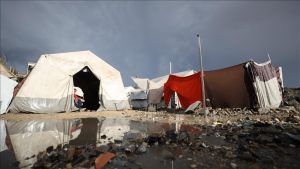
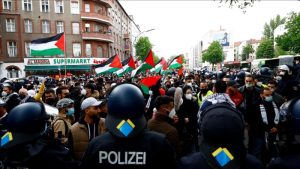
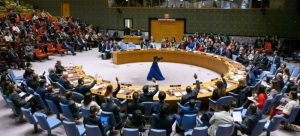
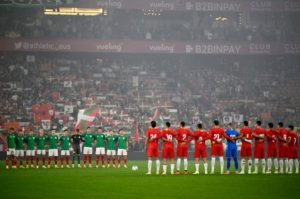
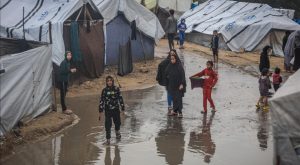

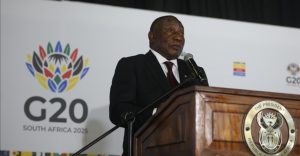
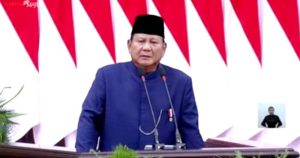
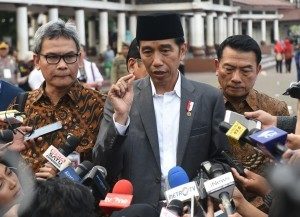
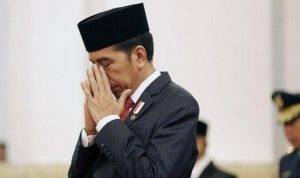
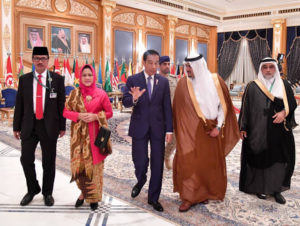
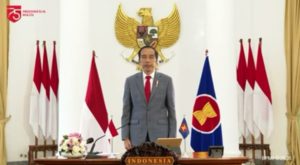
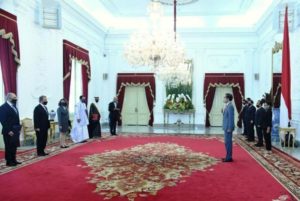












 Mina Indonesia
Mina Indonesia Mina Arabic
Mina Arabic